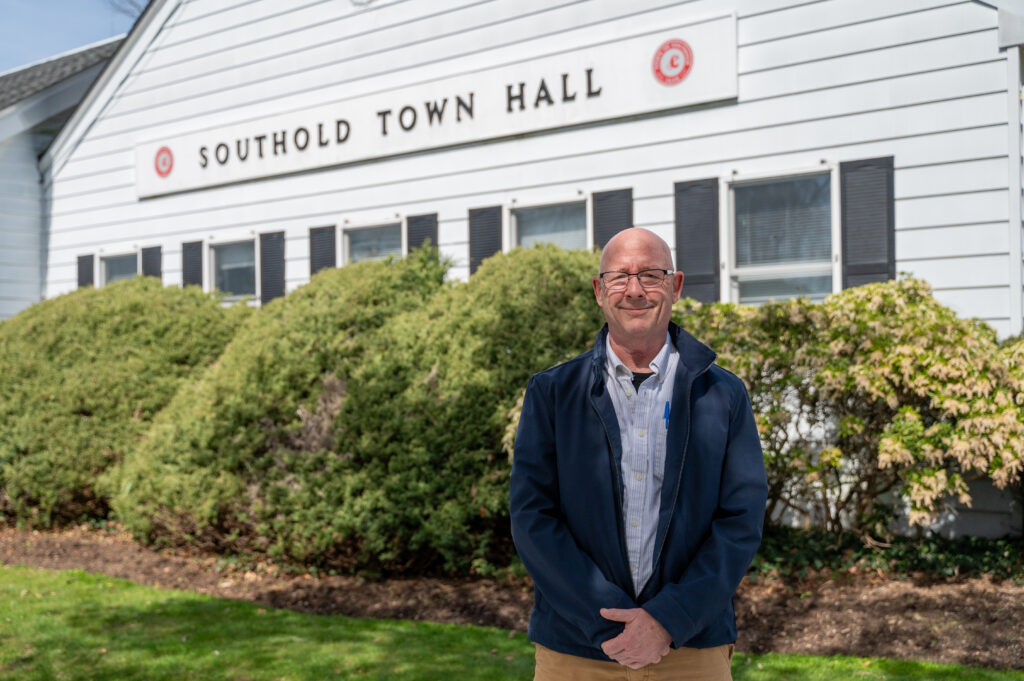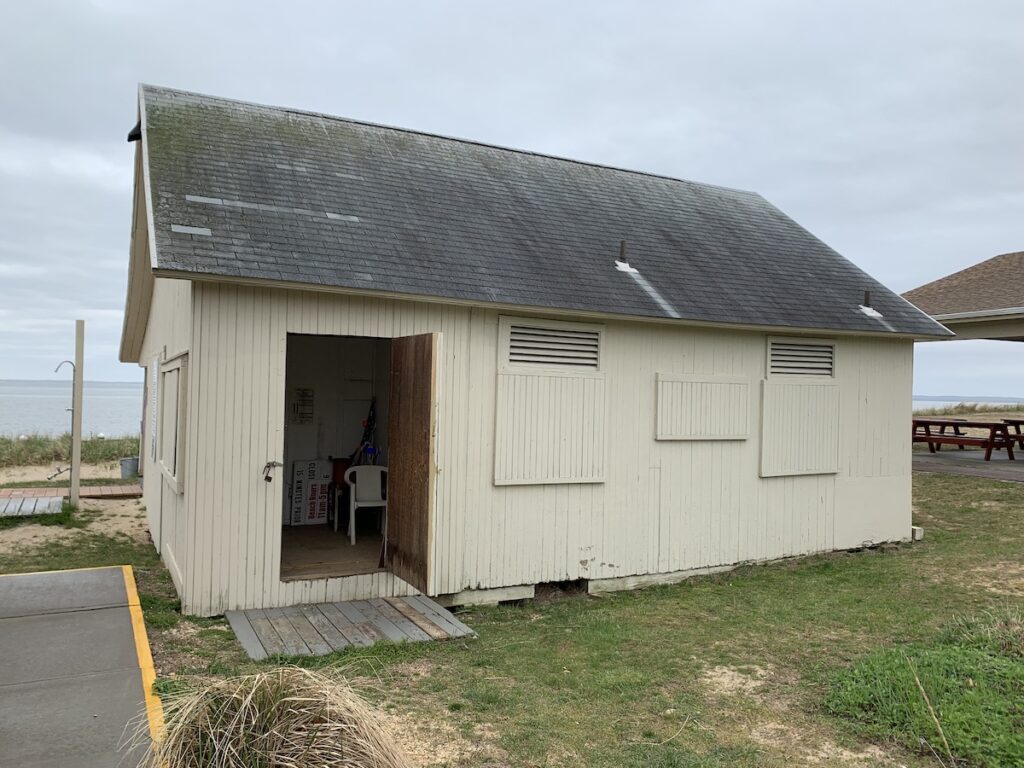Latest drug bust is reminder to keep our eyes — and minds — open

The arrests and subsequent indictments of dozens of drug offenders across Suffolk County earlier this month is a huge win for local law enforcement. The dismantling of three distinct drug operations — two of them centered in Riverhead and Greenport — will significantly limit the area’s supply of cocaine, heroin, fentanyl and cocaine laced with fentanyl. Thanks to the coordinated efforts of local and county police departments, the East End Drug Task Force, the Suffolk County district attorney’s office and state and federal authorities, large amounts of illicit drugs and illegal guns are now off the street.
But when it comes to the pervasive and persistent drug trade in the region, there remains little to celebrate. “It follows a cycle,” Southold Town Police Chief Martin Flatley said in an interview Tuesday. “Big busts like this one can put a hold on easy dealing for a certain amount of time, but when there is a drug that an addict is dependent on, they will find a way to get it elsewhere.”
This crisis is nothing new. We’ve dealt with the ravages of crack and heroin dependency for decades. But there is a more deadly factor confronting us today: fentanyl, a synthetic opioid that is 50 times more powerful than heroin and can easily be laced into almost any street drug, massively increasing its potency and potential to kill.
In 2022, approximately 350 fentanyl-related deaths occurred in Suffolk County, according to county health department data. The drug “is involved in more deaths of Americans under 50 than any other cause of death, including heart disease, cancer, homicide, suicide, firearms and accidents,” Suffolk County District Attorney Ray Tierney said in a statement earlier this year — days after a similar drug sweep in April. Those statistics struck close to home two summers ago, when six area residents died from overdoses linked to a single batch of fentanyl-laced cocaine over the course of one weekend.
Health and law enforcement officials attest that the widespread availability of Narcan, an emergency nasal spray that can quickly reverse the effects of an overdose, has reduced fatalities — but not the number of overdose emergencies.
Some concerns have been raised, however, that easy access to Narcan amounts to tacit condoning of the abuse of dangerous drugs, and several first responders have reported seeing used kits on site when responding to overdose emergencies. But there is no doubt the kits save lives, a fact that clearly outweighs those concerns.
Moreover, as one law enforcement official recently observed , the turnout at a Narcan training session in Mattituck earlier this year was “amazing,” with scores of parents, teachers and other concerned residents in attendance. “They know they have someone in the house who is using, and they want to be prepared,” the official said. “It was a real eye opener.”








